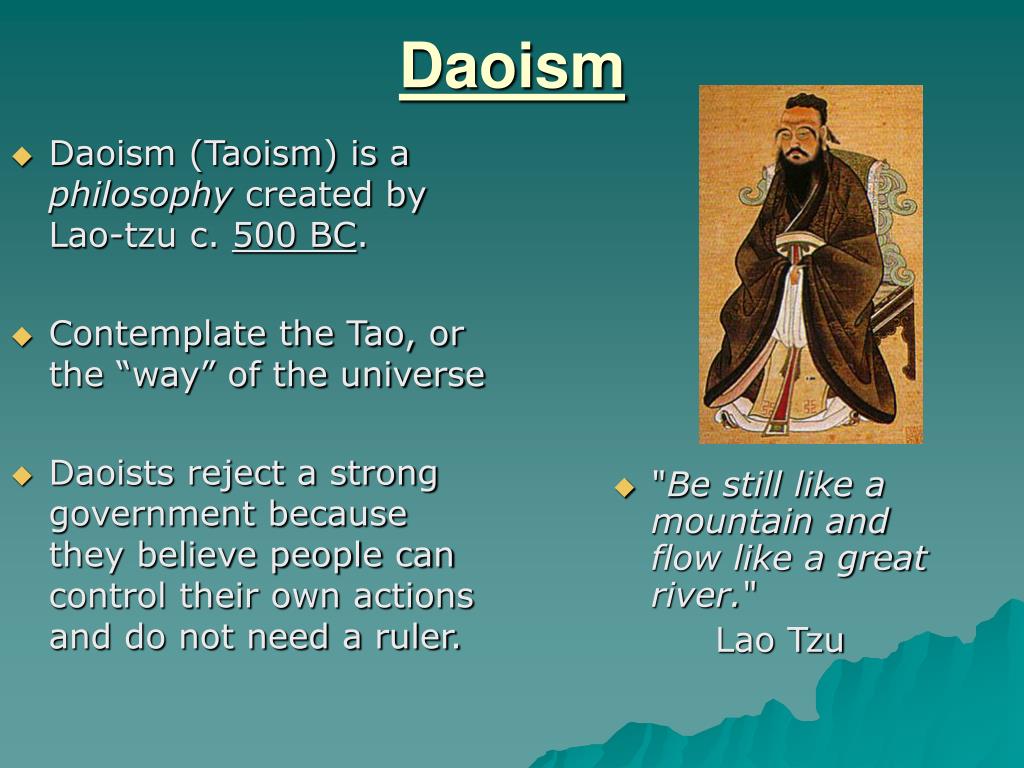1.
What I wish to do is to look at the value of art in the wide human cultural context, most fundamentally indeed as part of the human condition. By the human condition is meant the essential features of what it is to live a life as a human person.
Whatever value we derive from experiencing art, engaging with it in particular cases, there is something beyond that which points to the value of art as a whole and as such. Art causes particular affects (that is, art causes the experience or feeling of emotion) in us. It may even inspire ideas in us and carry and transmit ideas. However, we can also take a step back and view art as a whole and raise the question of what is the value of it as a whole.
The answer to this, and not the particular effects of art, is, it will be argued, the deep reason we value art so highly. The particular effects might be brought about in some other way, showing that art’s unique value cannot lie there. The deep and enduring essential value of art lies elsewhere and is something we may not notice. We may notice it in a sudden intuition or through deliberate reflection. It will be argued that the essential value of art as such lies in its existence, created as it is by human beings, positioning us in a special way in relation to the universe.
In art, we can see ourselves as standing above the brutality of our mere existence and non-existence. It reaches beyond and above us as mere fleeting existences. We can do this even when aware of this terrible transitoriness, and the subject of the art is that very brutality. Transcending and yet stating, as Samuel Becket does, that: ‘They give birth astride a grave, the light gleams an instant, then it’s night once more.’1 Beckett’s line is an example of what is meant. It both confronts and transcends in that very confronting. Through art, we have the ability to create things that no other creatures can. When we listen to a great piece of music or stand before a great painting, whatever the particular subject or thought behind the work, we may find ourselves realising, perhaps saying, in a shocked yet exalted and profound way: ‘Only human beings can do this’. Moreover, we do these things with incredible bravery, since we do them in the face of the full horror of awareness of our blink-of-an-eye transitory existence as individuals, and yet we are still able not to be overcome by such thoughts and can do something with them to create art. In so doing, we raise ourselves up beyond being mere animals who have no more than to be born, survive, and die, unaware of where they stand in the landscape as we are, but are mere figures in the landscape.
The value we place on art in this way is partly seeing it as courage beyond measure that reaches out to create something wonderful despite the awful awareness of our bleak momentary and insignificant position in the …
Read the full article which is published on Daily Philosophy (external link)






